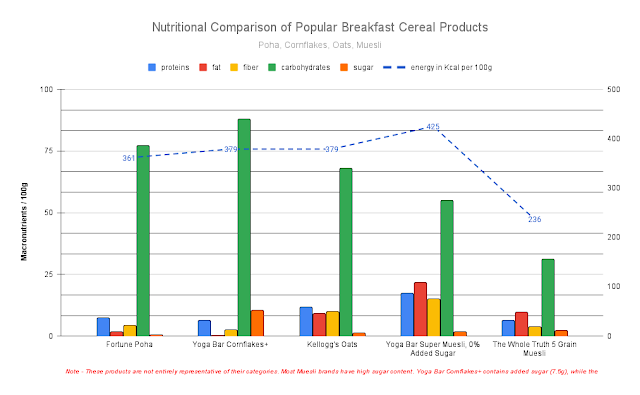Prebiotics
A prebiotic is a type of nondigestible fiber or carbohydrate that serves as food for beneficial bacteria in your gut. Prebiotics pass through the digestive system intact until they reach the colon, where they stimulate the growth and activity of "good" gut bacteria, supporting digestive health and overall well-being.
Prebiotics are not live bacteria (like probiotics) but instead help nourish the good bacteria already present in your digestive system.
Examples include inulin, fructooligosaccharides (FOS), and certain fibers found in foods like bananas, garlic, onions, and whole grains.
An endogenous source of prebiotics in humans is human breast milk, which contains oligosaccharides structurally similar to galactooligosaccharides, referred to as human milk oligosaccharides (HMOs).
Human milk oligosaccharides were found to increase the Bifidobacteria bacterial population in breastfed infants, and to strengthen the infant immune system.
Furthermore, human milk oligosaccharides help establish a healthy intestinal microbiota composition in newborns.



Comments
Post a Comment